Learning, Lost & Found: 4 Things To Do To Make School Worth It This Year
Key Points
-
As we navigate the first months of this challenging school year, will we turn to expedient approaches to teaching that cram information into students as quickly as possible, and end up draining their motivation to learn?
-
Here are 4 things teachers and parents can do to make school a place where students and teachers can thrive.
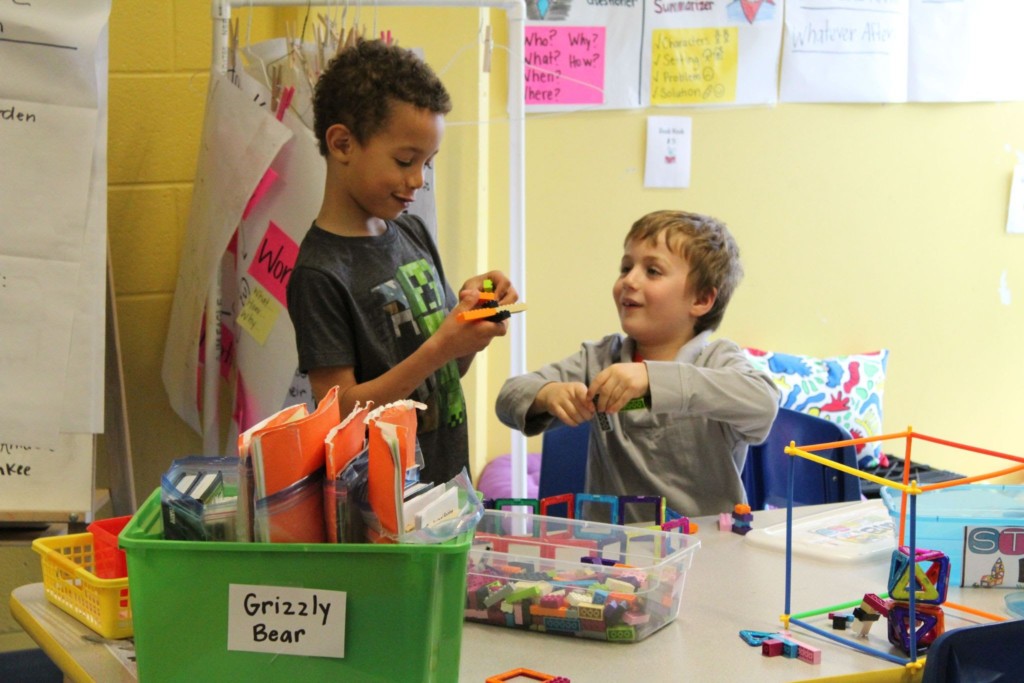
By: Aleta Margolis
As we navigate the first months of this challenging school year, teachers, parents, and school and district leaders across the country are laser-focused on risk mitigation. The news is packed with stories about mask and vaccine mandates, Covid testing policies, constantly shifting quarantine guidelines, and other actions we’re taking in a fervent attempt to minimize the risks of convening students and teachers together in person.
There’s another risk looming large; and it’s one we can eliminate: the risk that we overlook the huge opportunity in front of us to reimagine and improve the school experience. Of particular concern is the likelihood that we turn to expedient approaches to teaching that cram information into students as quickly as possible, and end up draining their motivation to learn.
We can eliminate this risk by prioritizing engaging, high-quality teaching and learning, even now, especially now.
Here are 4 things teachers and parents can do to make school a place where students and teachers can thrive. These insights reflect the input of thousands of preK-12 teachers and students who have participated in Inspired Teaching’s virtual programming over the past 18 months:
1. Collect meaningful data – on learning lost, and found.
Academic assessments of content knowledge matter; but we’ll make better decisions if we also collect data from the students themselves. Before reaching for academic goals, we need to gather information about what students have experienced during this pandemic. This includes students who thrived online (What do you know now about yourself as a learner?) and those who struggled (What advice do you have for me, your teacher, to help me support you best?). Across the country we’re seeing evidence of the emotional toll the pandemic and disrupted learning has taken on our students, and our teachers. It is especially important to find opportunities to listen to and learn from students who have experienced loss or other trauma during this difficult year, and for teachers and parents to keep one another informed as they learn about the needs of the young people in their care. Student and teacher input based on their lived experience is important data, and we should take it seriously.
2. Prioritize relationship building.
Even though we’ve been in school for a few months, it’s important to keep dedicating time to getting to know one another. We are all relearning how to co-exist socially and that takes time. Additionally, parents who had a front seat to their children’s education last year are suddenly back in the dark. So reaching out to nurture those relationships is important too. Let’s support teachers, and ensure they have the time and strategies to strengthen relationships with their students and with the parents and guardians whose living rooms and kitchens were their classrooms last year.
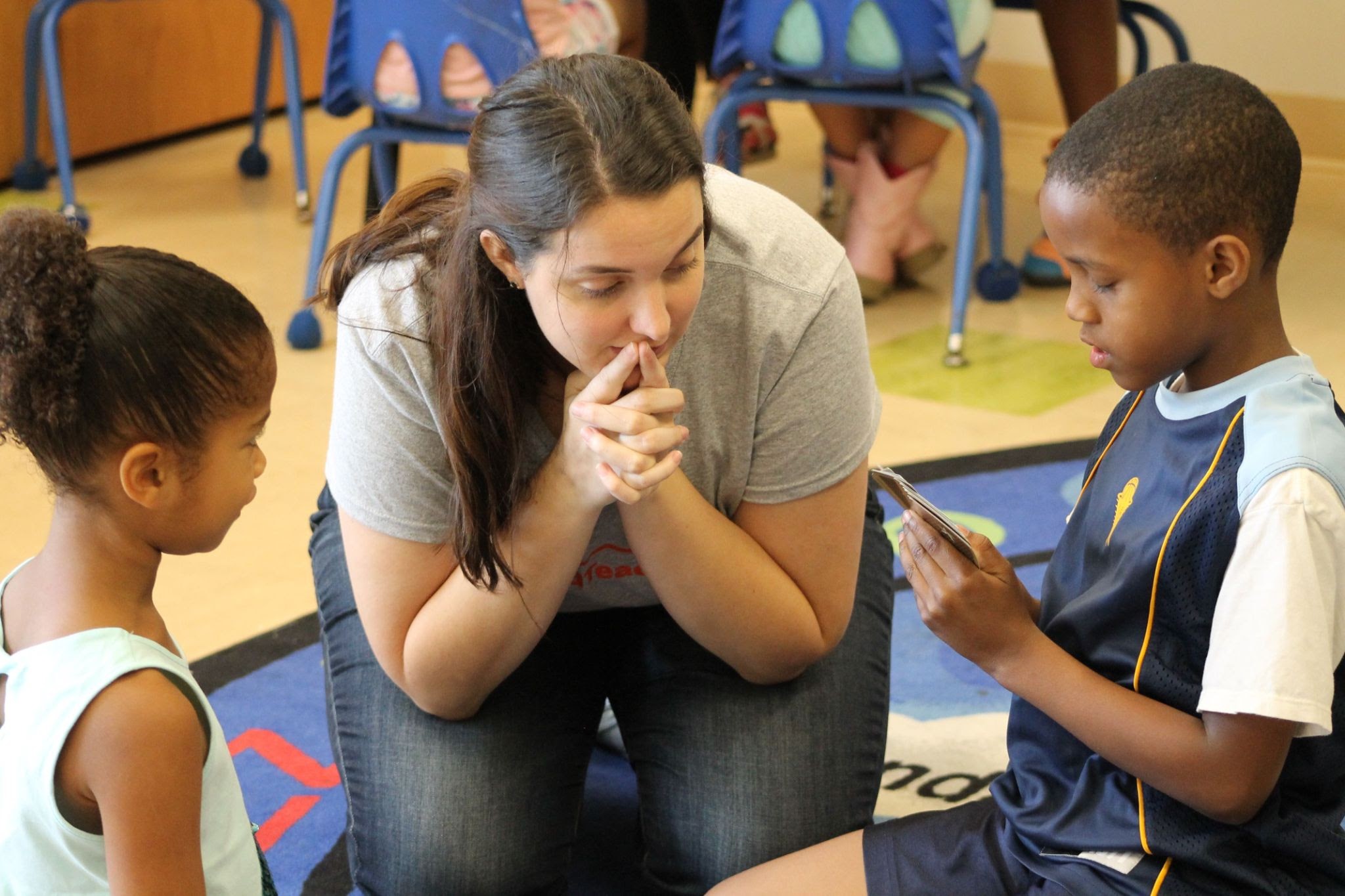
Let’s support teachers, and ensure they have the time and strategies to strengthen relationships with their students and with the parents and guardians whose living rooms and kitchens were their classrooms last year.
Aleta Margolis
3. Support student agency.
For the past 20 months, my colleagues and I have met regularly online with public, public charter, and independent school students for student-led seminars in which young people build critical media literacy as they discuss and debate current issues. Topics have included police reform, voter suppression, cancel culture, and colorism. Though they missed their friends and teachers, our students showed consistent growth, independent of school. They became experts in their own personal curricula – studying the ways police officers are trained and disciplined, interviewing family members about the first time they voted in an election, and analyzing ad campaigns of clothing companies that claim to promote diversity – because they had the time and flexibility to follow their own intellectual curiosity. In order for school to feel relevant for young people, students need to be in the driver’s seat.
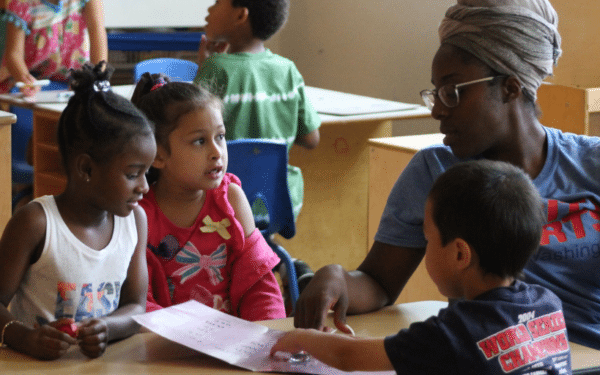
4. Hold space for imagination and play.
When we panic about “making up for lost learning,” the instinct is to double down on worksheets and lectures in order to cram in as much information as possible. That approach kills student engagement and offers minimal long-term benefits. Instead, let’s grow readers, writers, mathematicians, artists, historians, and scientists by offering students meaningful work, and asking them great questions. “How do virologists use chemistry to create and test vaccines?” “How do journalists use storytelling to explain the magnitude of a flood in New Jersey or an evacuation in Afghanistan?” “How is mathematics helping engineers repair the Washington Monument after this summer’s lightning strike?” These kinds of questions, and the investigations they’ll spark, are the way to ignite student motivation and learning.
Renowned author and education innovation advocate Ted Dintersmith recently said in a keynote at the Imagine If Conference, “That door to imagination that was wide open when that child was 4 is nailed shut by the time they’re 15…And yet, somehow on graduation day, we expect kids to suddenly remember that they have these powerful imaginations, and that is the tragedy of education systems. It’s what we need to get past, but it’s also the opportunity.”
As we continue to pour resources into risk mitigation, let’s commit to eliminating the risk of returning to old-school practices that put students in a passive, information-recipient role. Let’s use this unique moment in time to pry the door to imagination open once and for all, and ensure that, even in the midst of the fraught and complicated task of teaching and learning during a pandemic, we build agency and nurture imagination and critical thinking. Those are the things that fuel learning, which is what we come to school to do.
Aleta Margolis is the founder and president of Center for Inspired Teaching, an organization dedicated to transforming the school experience for students from compliance-based to engagement-based, through professional learning and resources, including the recently published Making School Worth It Toolkit. Margolis is a former public school teacher and professor of education and is the creator of the blog Hooray For Monday. She is an Ashoka Fellow who is committed to investing in teachers. Contact Margolis at [email protected] or follow her on Twitter at @inspireteach.
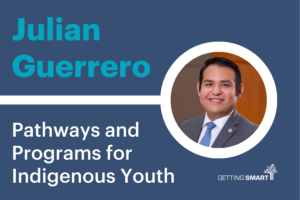
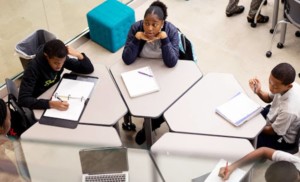
0 Comments
Leave a Comment
Your email address will not be published. All fields are required.